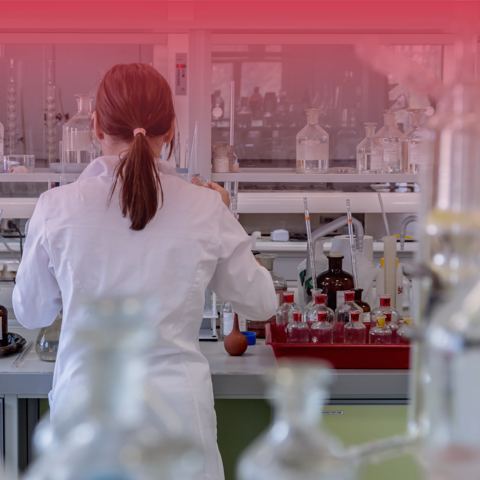
Our Position On The Use Of Animals In Research
We appreciate the concerns of the public and recognise that many may have questions about the use of animals in research work funded by DRWF.
We hope that we can explain why our charity, and many other leading medical research organisations, supports some research involving animals in order to try to save thousands of lives.
As a member of the Association of Medical Research Charities (AMRC), we support the principle of using animals in research where it is absolutely necessary and where there is no alternative. We believe it is an important part of the research process which helps to advance understanding of serious health conditions and to help us develop better treatments.
Every grant application received by DRWF is checked carefully and goes through a rigorous peer review procedure. Researchers’ work must be based on a clear set of principles: to REDUCE the number of animals used, REPLACE experiments with non-animal alternatives and to REFINE the care and attention of animals - in line with the '3R' agenda.
As you probably know, diabetes affects every nation around the world and it is anticipated that if current trends continue more than 578 million people, aged 20-79, will be affected by 2030. It costs health services enormous sums of money, and much trauma to the many people who have it. In the UK, diabetes accounts for a large percentage of amputations in our hospitals and is considered one of the leading causes of blindness in the working age population. It is also true that diabetes can strike anyone at any time, given the right circumstances, so no-one should feel very safe from it. Before the discovery of insulin in 1921, people with type 1 diabetes usually died, so the discovery was heralded at the time as the most important step in diabetes.
Animals in research is not an issue that we take lightly. There is a constant striving to develop techniques that mean fewer animals need be used in experiments. Wherever possible, our researchers aim to carry out their work on patients, with computers, or in laboratory tests with cells. But ultimately, they are all working towards the common aim of preventing disease and death.
We are committed to openness and transparency around the use of animals in research and continually review our funding practices, engaging with the scientific community to encourage better practice and development of animal alternatives. More information on the use of animals in medical research is available from AMRC
Updated August 2021